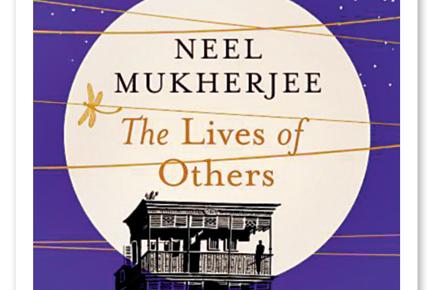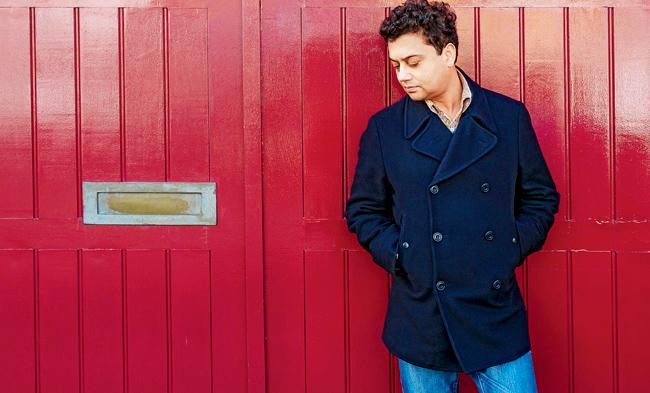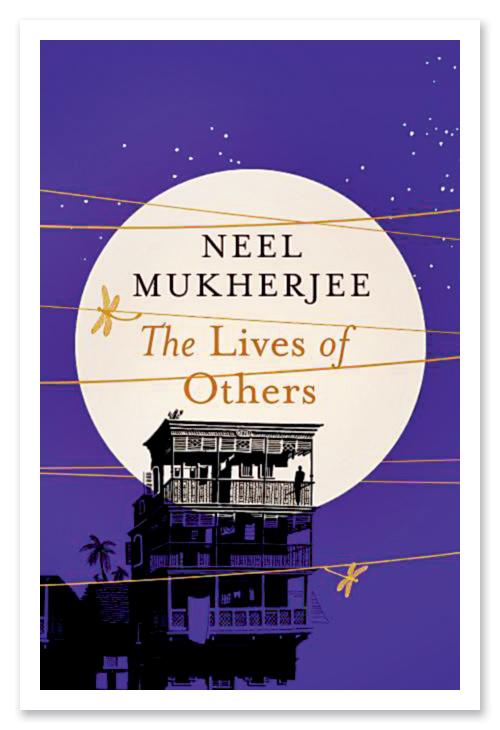UK's prestigious literary award, the Booker Prize will be announced on October 14, this year. Indian readers have the India-born, London-based writer Neel Mukherjee to cheer for, as his riveting 500-page novel The Lives of Others, captures a Calcutta family in the 1960s. Kanika Sharma chats with the author

The Lives of Othersa
Q. With the countdown begun for the Booker Prize, how do you feel on getting shortlisted?
A. I’m a bit shell-shocked actually. I feel incredibly lucky to have The Lives of Others, among the top six out of 155 submissions. It is incredible. I sympathise with the judges for having had to read a novel a day for five months.
ADVERTISEMENT

Neel Mukherjee Writer
Q. As you are writing about the Calcutta of the 1960s, Naxalism becomes a major theme in the novel with Supratik, the third-generation of the Ghosh family, fleeing home to join the movement. What is your take on the politics of it?
A. As I was writing about the late 1960s Bengal, I had to face the Naxalite movement head on. The movement had a small component of middle-class participation, the so-called ‘urban intelligentsia’. This aspect of the Naxalite movement is self-destructive. Change can only happen from within once the world is destroyed. People from the 1960s were a lost generation as many of them took up the armed uprising. Most were in their late teens and early 20s. I spoke to a lot of people regarding the movement and read a lot of literature, including Bengali fiction literature that addresses the issue. I went through the party journals, Liberation and Deshabrati. But research can only take you so far; after that, you have to let the imagination take over.

The Lives of Others
Q. Supratik is a character who one feels for as he witnesses the trodden nature of the farmers and gets heavily affected by it yet at the same time feels unsettled when he kills the jotedaars for the movement...
A. In Supratik’s character, I show contradictions of revolutionary ideology. And urban intelligentsia that belonged from the bourgeois families in Calcutta drove the Naxalite movement. Every revolution is born out of a sense of morality.
Q. In the novel, one of the characters iterates: “All superstructures, including the family, rest on the base of one thing, and one thing only economics. The family is the first and primary unit of oppression and exploitation.”
A. India has continued with the notion of family, the concept and practice is seen with a great deal of nostalgia. I don't know about you but at least our generation had some experience of living in an extended family with aunts and uncles. Human beings are animals after all. With so many people living in such close proximity, the family is going to be dominated by damage. I firmly believe, which is a very common Marxist notion, that all social structures are super structures where the foundation is the economic structure. I have tried to demonstrate how the family is governed by labour capital and output. Family throws up these observations in a microcosmic way. I was intrigued by these family heirarchies and how they are economised. When Suranjan and Bappa Da discuss this fact, it shows how there is an erasure of money when such things are usually discussed.
Q. Sona is the only character that is untouched by the doom the Ghosh family suffers. Is his fascination for Mathematics and your pursuit of Pure Mathematics coincidental?
A. I was always clear that Sona should be a mathematician. I started reading Pure Mathematics to understand his world, and to represent his maths accurately. I am still pursuing the course.
Q. Also, Sona with his success in life through education reminds one of the aspirational classes of today. Do you think so too?
A. The model of education is the most wonderful thing about India and I have great esteem for it. The fact that you can rise up with education is an incredible belief that I completely vouch for. In the West, education is a consumer choice and is not perceived as a key that unlocks things. Most leave school and with the university becoming a restricted choice, there is a narrow band of people who are pursuing education there.
Q. You are competing with Joshua Ferris, Karen Joy Fowler, Richard Flangan, Howard Jacobson and Ali Smith for the £50,000 award. Who all have you read?
A. Literary fiction doesn’t sell and awards help in getting the book noticed. Literary fiction is a struggle for both the writers and publishers. I have read Richard Flanagan’s and Ali Smith’s books on the shortlist — both are terrific.
 Subscribe today by clicking the link and stay updated with the latest news!" Click here!
Subscribe today by clicking the link and stay updated with the latest news!" Click here!






